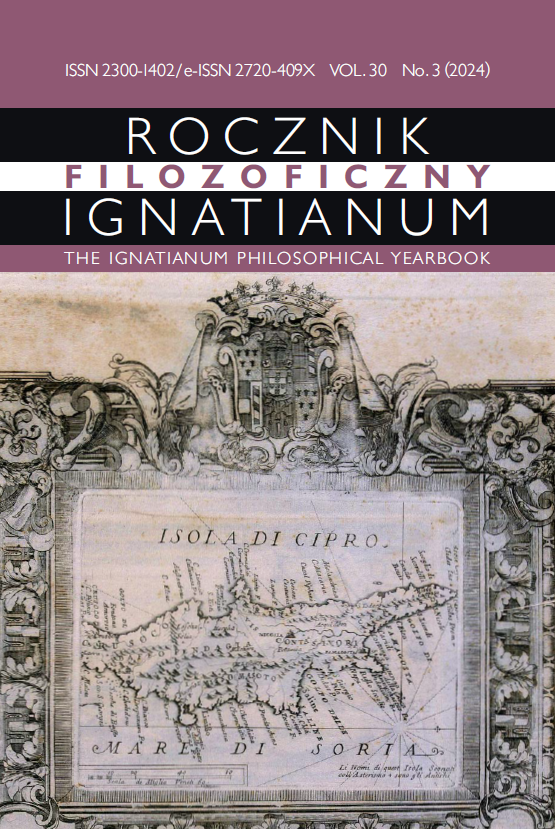At the Dawn of a New Era
Around the Election of Octavian Augustus to the Office of Pontifex Maximus
Abstract
The article outlines the circumstances surrounding the election of Octavian Augustus as head of the College of Pontifices (pontifex maximus). However, Augustus, consistently reaching for more powers (imperium proconsulare, tribunicia potestas, censoria potestas), did not decide to deprive Lepidus of his position as pontifex maximus. This raises the question of why Augustus tolerated such a situation for almost a quarter of a century, the reasons for not depriving his former political opponent of this important priestly dignity. At the time of his election as pontifex maximus, Augustus’s political position was unshakable; the scope of his power included the powers once held by consuls, censors, and plebeian tribunes. Was the reason for reaching for the authority of the college of pontiffs merely a matter of prestige? It rather seems that this choice was the last link in a certain chain of events, an expression of Augustus’ consistent policy aimed at building and then consolidating a charismatic reign.
Copyright (c) 2024 Ignatianum University in Cracow

This work is licensed under a Creative Commons Attribution-NoDerivatives 4.0 International License.
The Yearbook only accepts materials for publication that are free of all conflicts of interest, and that in no way involve conflicts over authorship, copyright, etc. The Editors will take action against any cases of plagiarizing, ghostwriting1, guest/honorary authorship2, etc. Where co-authored work is concerned, the Author listed first is expected to take responsibility for the submission, and is required to make clear the contributions of all of the Co-Authors involved. In the event of the publication owing its existence to funding dedicated to this purpose, this fact should be made clear: e.g. in any note of thanks/acknowledgement, or in a footnote, etc. Explicit notification should be given of any form of reprinting, with the appropriate evidence of permission to publish being furnished as required. Any impropriety on the part of Authors/Reviewers risks exposing them to appropriate responses from the relevant institutions.
______
1 This term refers to instances of a person who has made an essential contribution being omitted from the list of authors, or from notes conveying gratitude and/or acknowledgement.
2 This occurs when a person who has made either an insignificant contribution or no contribution at all nevertheless appears on the list of authors.





